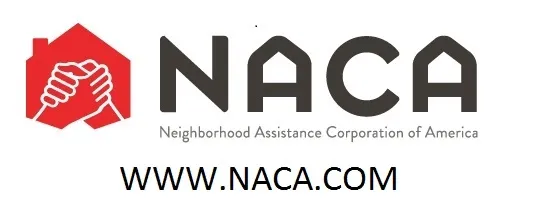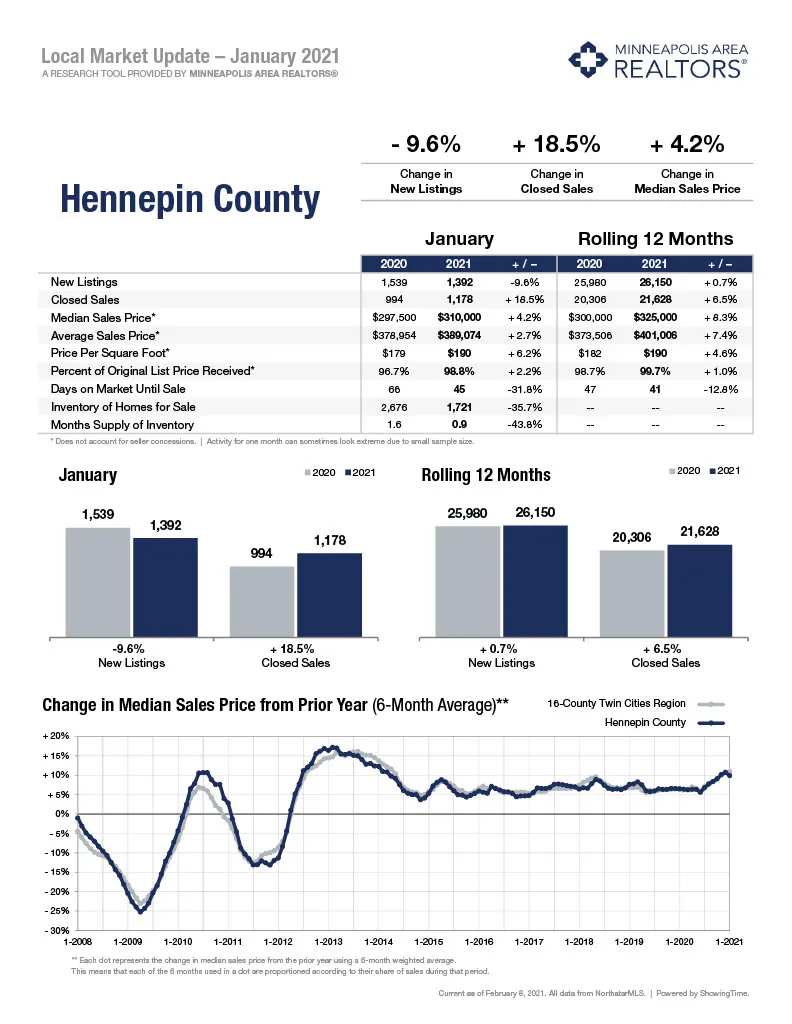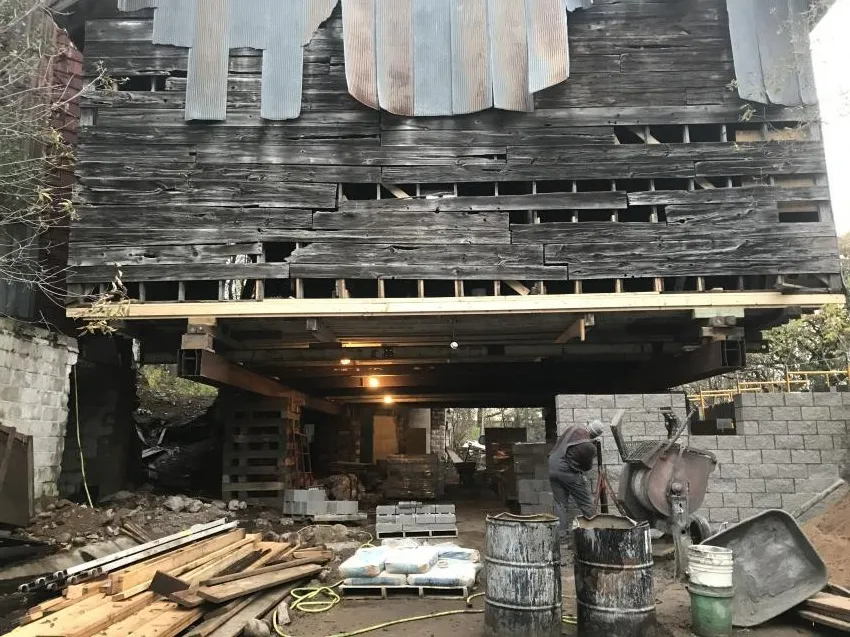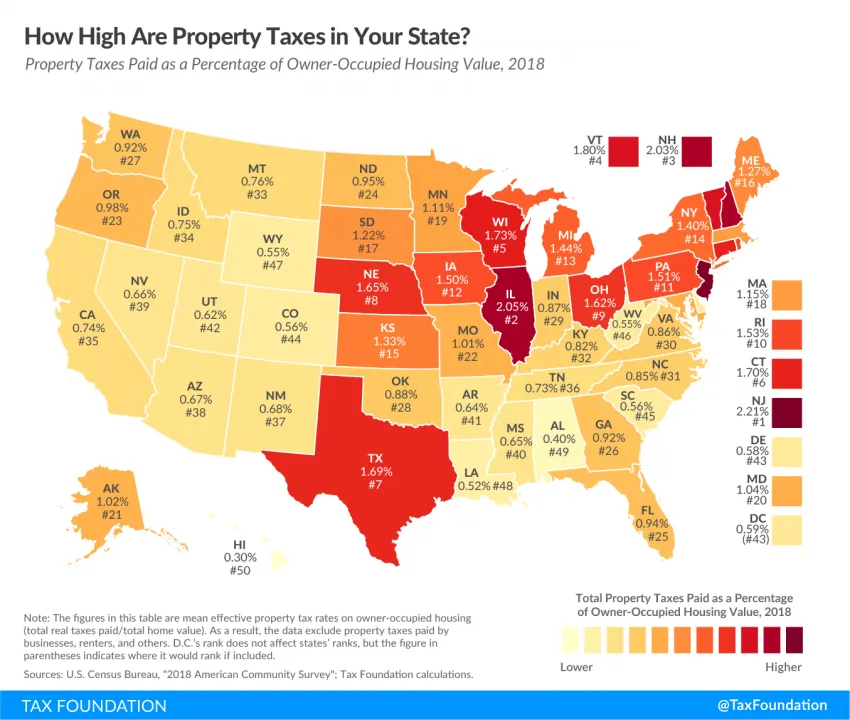Questions Home Buyers Need To Ask Before Investing In Property To Avoid Losses
Owning property is a lifelong goal for most people and for good reason. Real Estate is just that; real. Investing in property provides a tangible investment full of inherent value. You can change just about anything on your property; except location.
Owning property has countless advantages, but comes with an exorbitant amount of hidden risks and challenges. Buying a house or land is not cheap.
You could be paying anywhere between $10,000 for a simple plot of land to upwards of well over $1,000,000 over a course of decades.
Paying a good chunk of money every month for 30 years is quite a commitment and, as a result, you might fall behind on payments and succumb to foreclosure;
While that might terrify you, becoming fully prepared before you strike a deal will ease some of your anxiety.
There is a myriad of questions to ask yourself before purchasing a home, here are some important questions that aren't asked enough before investing in property.
1. When should I start looking for Property?
The simple answer is right now! It doesn't matter if you're planning to buy property in the next few months or 5 years, looking at property when you have some downtime will prove helpful.
You can get a feel for the area you want to live in. Looking at houses in those areas will give a sense of what you can afford. You can also get a feel for how fast turnover is with the properties. Knowing how fast a property sells in an area will give you an advantage in timing your move.
2. How much repair/renovation can I do myself?
When buying a home, most people dream of a turnkey house. They envision walking up the steps, sliding that key in, and opening that door to a house that's perfectly maintained. It's not always that simple, unfortunately.
Many houses are old, been worn down by severe weather, or neglected by a previous owner. The latter is most prevalent if you buy a property that was used as a rental. There are many hidden challenges in keeping a house well maintained and up to code and, with challenges, comes cost.
Some repairs may prove out of your realm of expertise, and that's okay. If you can figure out how to finish some tasks on your own while outsourcing the more difficult jobs to professionals, you will save more money than you initially expected.
Additionally, the same can be said for renovations. A house may not have everything you want right away, but it has the potential. Putting in a bit of your own elbow grease will save you big bucks down the road.
3. Can I afford to buy a plot and just build a house?
This is closely related to the last question. Building a house from scratch can be costly, time-consuming, and stressful. Despite the setbacks, if you have the know-how to do most of the work, you could remove the costly part of that list.
A Youtuber by the name of Red Poppy Ranch chronicles his long and arduous, but rewarding journey of building his house from scratch. He details the struggles of doing most of the work himself, but one detail sticks out: the cost to build it.
He was able to cut the cost to 1/10th of what it usually takes to buy a house outright.
4. Can I get a fair home loan if I'm a first-time buyer?
If you are just getting into the fine details for mortgage rates, you may be taken aback by the predatory execution of big banks. With the housing market spiking in the midst of the pandemic, it will be difficult for younger people to afford their very own homes.
That's where NACA comes in:

NACA is a non-profit organization advocating for working-class families to attain fair and affordable homeownership.
NACA home loan provides low to-mid income families with advantages including no closing cost and exceptionally low-interest rates. For first-time buyers that may need a hand in getting a fair deal, NACA is a good place to start.
5. How has the market value shifted and how will it shift?
Predicting the market isn't easy. It fluctuates depending on the situation. A buyers market happens when there are excess properties on the market, but not enough people buying.
This causes prices to lower as the seller is willing to take a slight loss and sell now rather than wait for the market to shift in their favor.
A seller's market happens when there are not enough houses to fill the demand for buyers.
This gives the seller an advantage as there will be buyers desperate to move right now. As a result, buyers will be more apt to purchase property over market value.
2021 is definitely a seller's market. According to a Star Tribune article from January new listings were down 9% and closing costs were up 15%, making it the most costly and busy January for the Minneapolis housing market in 15 years.

Knowing the market and where it may go is important when you consider timing your purchase. If you wait for the right moment, you can potentially land a good deal on your dream property.
One tool I use to get a sense of the market around me is GIS Maps.
These maps allow you to find out important details about the property including the current taxpayer, the year it was built, the market value, when it was last purchased, how much it was purchased for, and the average yearly tax rate.
These are not always accurate, but they can get you a better feel of the market. All you have to do is search for the GIS map of the county you're interested in and that should point you in the right direction.
6. How does the foundation look?
Foundations are essential for houses to simply exist. Foundations essentially glue a house into place keeping the structure standing tall and confident.
Foundations in areas with harsh winters are laid below the frost line to prevent shifting and cracking. However, it can still shift and crack, which could be a huge problem.
Patching or replacing foundations can cause a concerning amount of money. A small patch (maybe a half dozen cinderblocks) can cost you a few hundred bucks. Consequently, if the whole foundation needs to be replaced, an underpin is required and that can run you tens of thousands of dollars.

The picture above is an underpin I worked on. Underpins are an extremely difficult and complicated process.
Firstly, large steel beams are placed over what seems to be Lincoln Logs. This stack of lumber is placed in strategic locations to temporarily hold up the rest of the structure. Construction workers then tear out the old foundation and build a new one from the ground up.
So if you want to avoid shelling out 1/4 of your yearly earnings just to keep your house standing, it's best to look at the health of the foundation.
7. Should I hire a home inspector?
Yes. You should absolutely hire a home inspector.
A good home inspector will find everything wrong and anything that may go wrong down the road, either preparing for you for a future repair or exposing a red flag in an otherwise solid-looking property.
A few months ago, my mother and her partner were interested in purchasing a small park model in a 55+ community in Arizona. My uncle happens to live in Arizona and is a home inspector. My mother hired him to do the inspection and I went along to shadow him.
He inspected the property with a thorough checklist. Everything from doors to the age and productivity of the A/C was inspected. His meticulous report even helped knock off $1,500 from the purchase price.
For $400-$500, the price of a home inspector will be worth it in the long term.
8. What is the neighborhood like?
It's near impossible to move a house from where it stands, so you better make sure the neighborhood fits your lifestyle.
Do you want to live close to nightlife or do you want more privacy? Do you want a shorter commute to work or have closer proximity to your kids' school? Do you want to be able to leave the city in a hurry or do you want to be in the thick of the urban sprawl?
These factors plus plenty more could play into your decision. You could find the perfect home and realize the neighborhood isn't a match. Finding a house that meets at least some of your wants will make for a better living experience.
9. Is the house under a mandatory HOA?
Home Owners Association is a collection of houses under a local governing body. When someone purchases a house under an HOA, the new homeowners are subject to their rules and regulations. In addition to those rules, there are also monthly membership fees which can range from $100 to over $3,000.
The rules for some HOAs are questionable and, oftentimes, frustrating for the homeowners. Some HOAs take it too far.
Take this 2019 news story of a Florida man who dealt with an intrusive HOA presence:
Home Owners Associations are nice if you want your neighborhood to be "uniform" and "clean" albeit you sacrifice personal autonomy over your own property and the lessened privacy that comes along with it.
10. Should I consider buying a multi-family home?
If you want to buy property but are hesitant when you see the price tag and time commitment, consider purchasing a duplex. You could live in one unit and rent out the other.
A move like that would put passive income in your pocket every month which can lighten the blow of the mortgage or speed up the payoff date if you so choose.
Additionally, purchasing a duplex with someone you know would be beneficial. Having 2 units on one property divides up the assets easier offering more transparency for each investor.
Having 2 investors might also mean a larger down payment or more flexibility for renovation while securing both parties a stable place to live.
11. What is the property tax like?
This flies under the radar when people are talking about purchasing a home. Property taxes vary widely for each state.
For instance, Texas does not have an income tax but has some of the highest property tax in the country.

Americans pay anywhere between $2,000 to an upwards of over $10,000 per year depending on the value of the house and the state's property tax percentage.
Conclusion
There is a multitude of questions to ask before you know you're ready to buy property. These questions are only a drop in the bucket, but important as these specific questions are rarely asked.
Whether you are buying an investment property or purchasing a forever home, it's paramount that you are absolutely prepared when you're spending a chunk of your life savings.
Good luck searching!

Opinions and Perspectives
I really appreciate the detailed breakdown about home inspections. Just saved me $1500 on my recent purchase thanks to a thorough inspector!
The NACA program sounds interesting but has anyone here actually used it? Would love to hear personal experiences
Currently looking at properties in Texas and those property tax rates are no joke. Definitely something to factor into monthly budgets
Great point about checking foundations. I learned this the hard way when I had to spend $20k fixing foundation issues that could have been spotted before purchase
Actually used NACA last year for my first home. The process took longer but saved thousands on closing costs and got an amazing rate
The suggestion about buying a duplex is smart. Been living in one half and renting the other for 2 years now. Basically living for free
Looking at properties right now and never thought about checking GIS maps. Thanks for that tip!
I find it concerning that the article suggests DIY renovations. Some things really need professional attention
Foundation repairs are brutal. Just got quotes ranging from 30k to 45k for mine. Wish I'd known what to look for before buying
Anyone else dealing with crazy HOA rules? Mine just fined me for having my garbage bin visible from the street for more than 24 hours
The market predictions feel a bit outdated now. Things have changed dramatically since 2021
My experience with NACA was mixed. Yes, great rates but the paperwork and timeline were overwhelming
I completely agree about starting the search early. Took me 2 years of casual looking before I found my perfect place
Remember that YouTube DIY renovations often make things look easier than they actually are
Getting multiple home inspectors is worth it. First one missed major plumbing issues that the second caught
The article understates how important neighborhood research is. I spent weeks visiting at different times of day before deciding
Building from scratch like that YouTuber seems risky unless you really know what you're doing
Love the tip about checking property turnover rates. Really helps gauge market activity in specific areas
Just want to emphasize that property taxes can increase significantly over time. Plan for that in your budget
Those foundation repair costs seem low based on current rates in my area
The multi-family suggestion is solid. My duplex investment has been life-changing
You really need to research zoning laws too. Article missed that important point
That Red Poppy Ranch example seems misleading. Most people cant build their own house for 1/10th the cost



